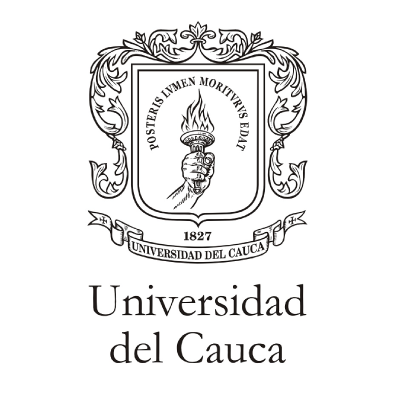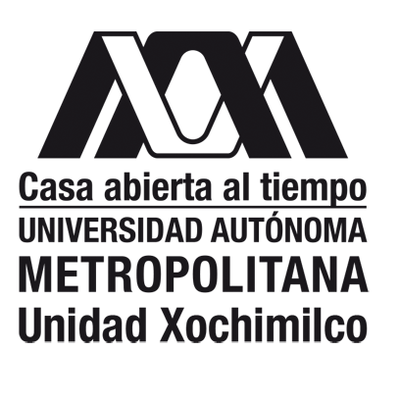Dossier: murmurs and traces: plants and animals in dissonant memories
We invite papers, essays, and studies that may be collaborative or solely authored, as long as they converse with plants and animals to tell history and memorialize. We expect texts written by many authors (not to say by several hands) and with diverse ramifications. We must respond to the intricate nature of life, which is remade in fits and starts. The social sciences have recorded these histories in which plants and animals appear as props of memory, but they have not paused to consider them with sufficient generosity. We are living in a moment of life crisis in which everything seems to be monoculture, agro-industrial writing, or suddenly grown and insubstantial meat: where the world of life seems to have been reduced to the genetic combinations that standardize the landscape and food. We believe it is necessary to pay attention to them and take them seriously, to see if we can converse with them so that we can hear and see in different ways.
Life can remake itself in creative and generous compositions and is always telling a history. Surely, to have become so diverse, it required the existence of many different memories. What are these more-than-human memories that we can recognize in the traces and murmurs of the dead leaves? For this issue of Memorias disidentes we hope to offer contributions that will help us recognize the varied forms of life that spread in murmurs and leave traces.
Coordinadorxs:
Laura Guzmán Peñuela (Universidad Nacional de Colombia)
Luis Alberto Suárez Guava (Universidad de Caldas)
CALL FOR APPLICATIONS OPENING DATE: 01/09/2025
CALL FOR APPLICATIONS CLOSING DATE: 06/02/2026
Read more about Dossier: murmurs and traces: plants and animals in dissonant memories




























